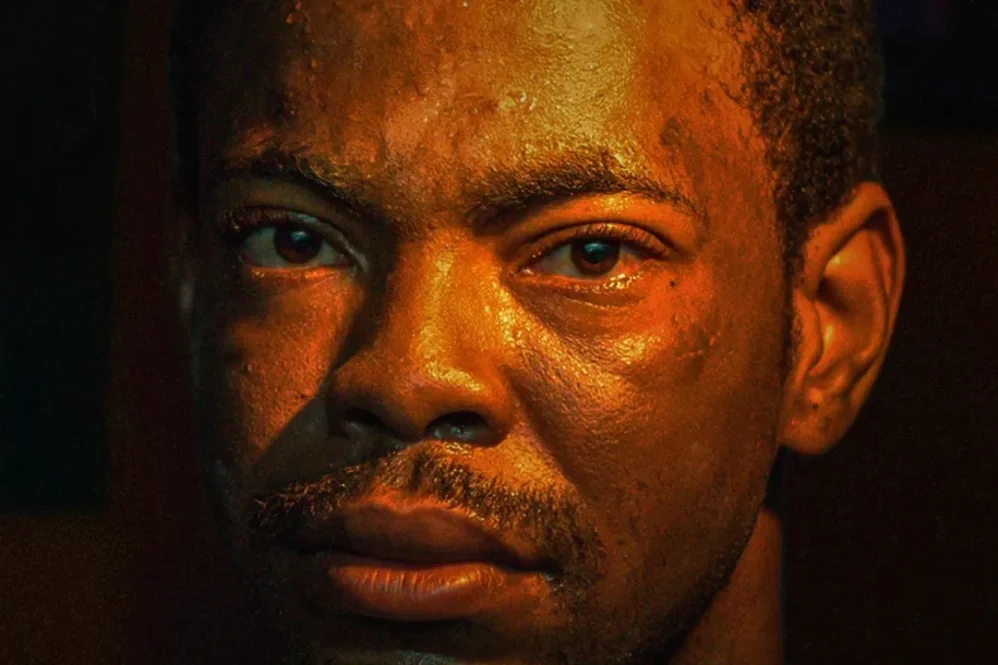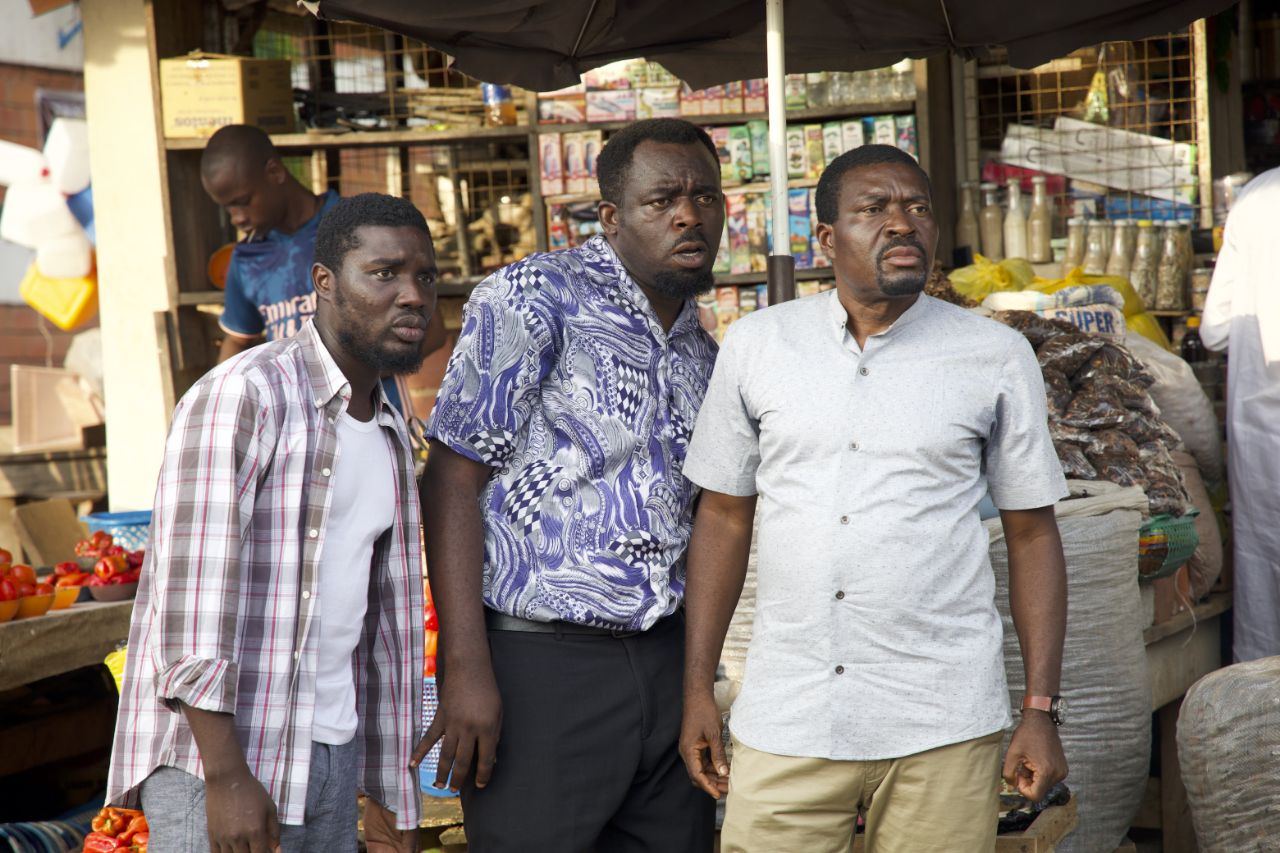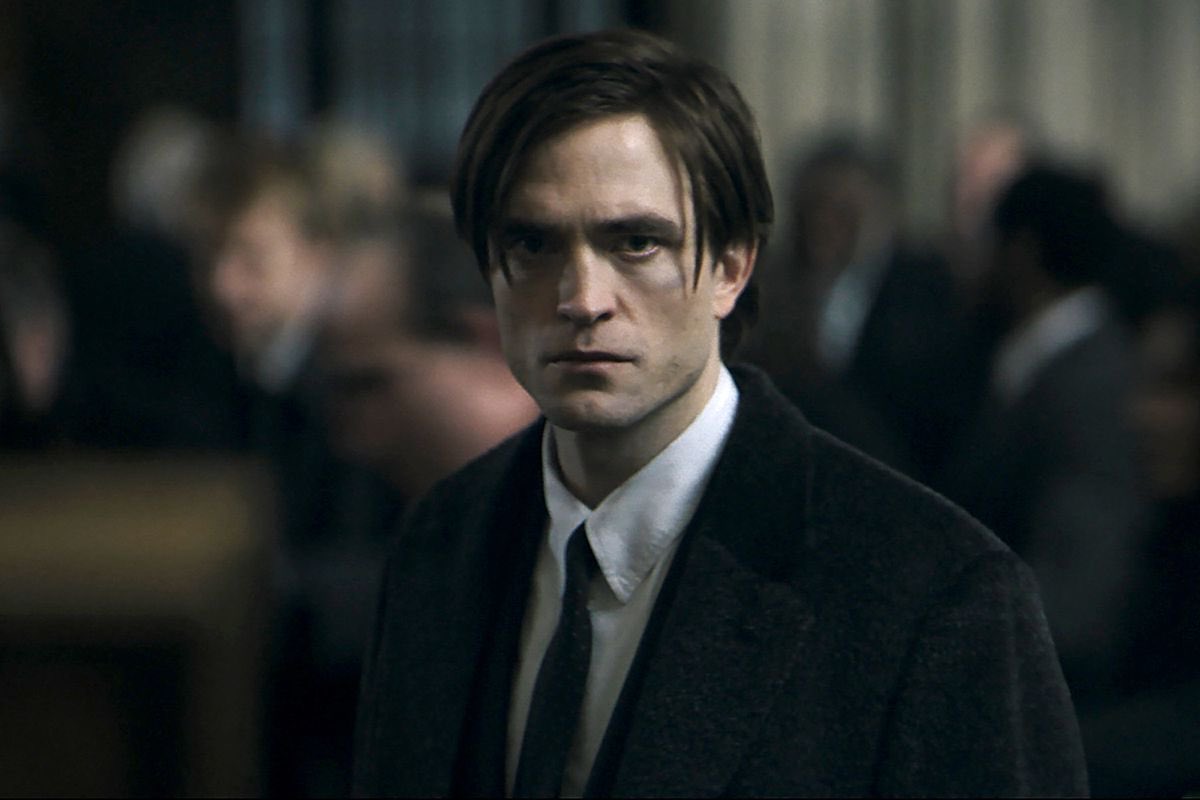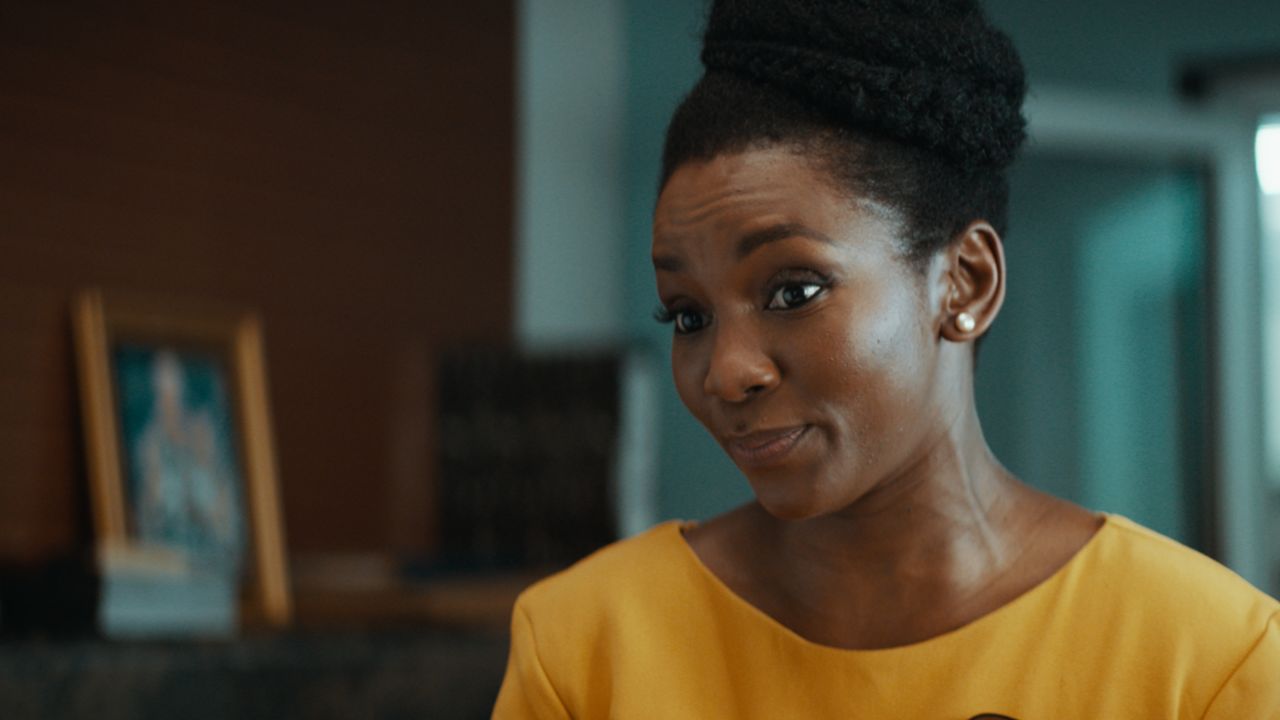AFRIFF: A first feature often defines the trajectory of a director’s career. It shapes how audiences will come to perceive their work and what threads they’ll follow through subsequent projects. For The Boy Who Gave, Allison Precious Emmanuel (Hijack 93) serves as writer, director, producer and star—an ambitious undertaking that positions him at the center of every creative decision, but in doing so, the film sometimes loses the story it’s trying to tell. Rather than allowing the narrative to breathe and find its own rhythm, the multifaceted involvement leans the project into a showcase for technical proficiency and self-presentation, where the seams of his ambition are more visible than the emotional core of the film.
(Click to Follow the What Kept Me Up channel on WhatsApp)
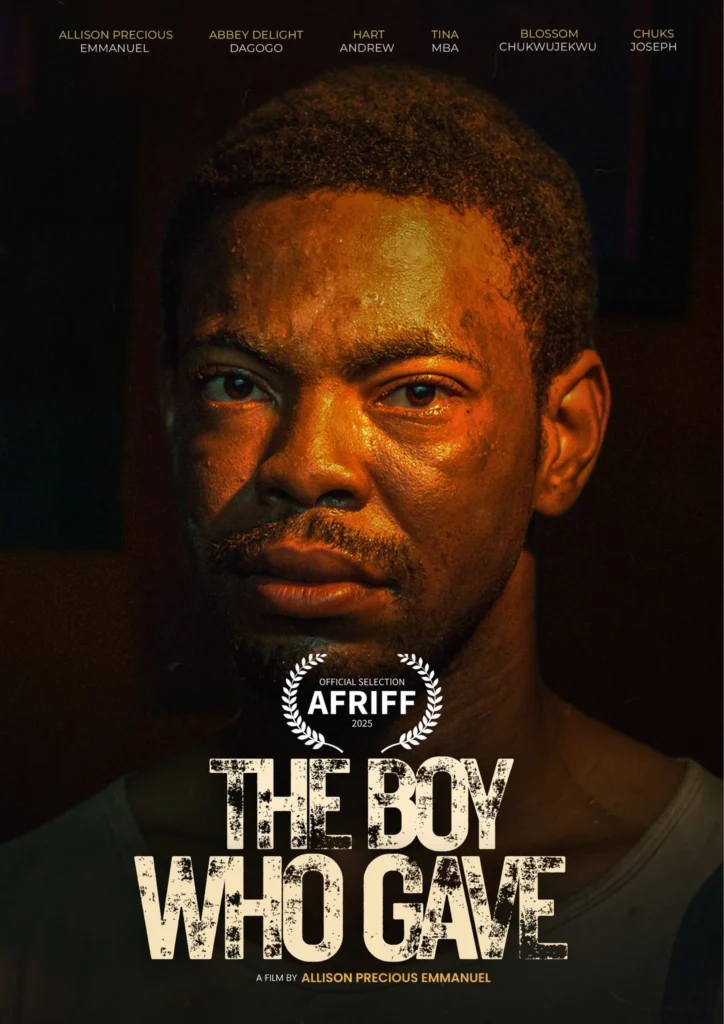
Following the death of his parents, Idah has to take care of his two siblings and The Boy Who Gave chronicles the trials of an older brother willing to give his all for his siblings. Standing at almost two hours, the story tugs at your emotional strings with a kind of puppetry aiming to elicit the saddest reaction, finding its footing in quieter moments like when Tina Mba (Breaded Life) as his grandmother shares advice to a younger Idia (played by Long-John Somieari) on a boat, only to meander towards a stretched-out third act that has multiple endings dulling its rhythm. We are quickly made to understand that his ultimate purpose is to ensure his siblings are taken care of. However, that constant repetition with no other interiority, especially for his siblings, makes for a knee-jerk response of sadness that falls apart on slight scrutiny—the film counts on our pity to drive it forward.
What does keep the film on its feet is Emmanuel’s assured direction. He builds his shots around each space with familiarity, blocking scenes through windows and with silhouettes that impart beauty to an awkward love story and a pivotal turning point scene. Bonny Island comes alive through his camera and the freshness of the location keeps things visually engaging. This is supported by proficient lighting techniques and colour grading that build the foundation of the film’s tone.
It continues to excel in the acting department, where Allison manages to never overdo his performance despite the story leaning into melodrama. His face wears sadness, hope, exhaustion and love sometimes singularly and other times in combination. The veteran members of the cast—Tina Mba and Blossom Chukwujekwu—are the only ones that match his level; Ugochukwu Nwachukwu as Uncle Opuada is not selling the necessary evil for the story, Hart Andrew as D-Boy is giving a performance that’s bogged down by a lack of full characterisation and Abbey Delight Dagogo as Priye, the more interesting sibling, is funny and mischievous but falters when more is demanded.
In the end, The Boy Who Gave gestures towards being a commentary on poverty and the plight of an elder brother. We see Idia’s name transform to Broda as he sinks his dreams to allow his siblings to float, but it skims over that quickly to lean into a story that keeps going in circles. There are some effective emotional moments driven mostly by performance and less by story and others existing to show technical prowess—the sex on the beach scene is well shot but fits awkwardly as it seems pulled from another film. Despite this, there’s some promise in the directorial vision of Allison, a freshness to his voice that will benefit from yielding some creative control and finding a balance between singular vision of film and collaboration.
The Boy Who Gave screened at the 14th Africa International Film Festival.
Become a patron: To support our in-depth and critical coverage—become a Patron today!
Join the conversation: Share your thoughts in the comments section or on our social media accounts.
Side Musings
- The film is framed as a documentary where a narrator is telling the story but I think it could lose that framing and be tighter.
- I live in Rivers State so seeing Bonny Island serve as a location makes me feel good. Yes to more stories that take us away from Lekki-Ikoyi link bridge.
- There are two allusions to queerness in this film that I found funny in a good way.

